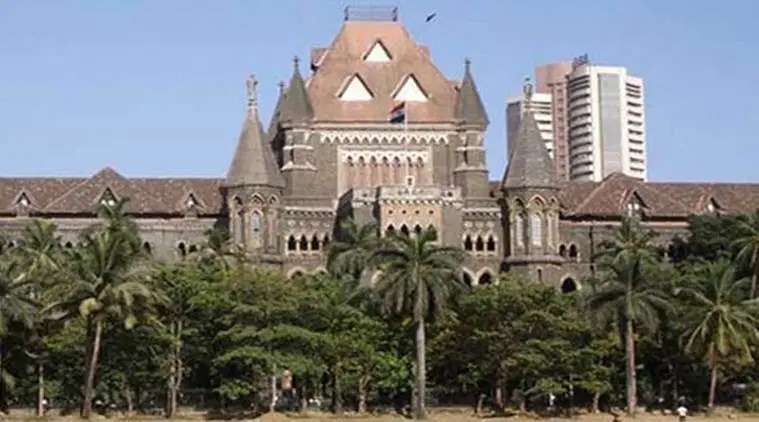The Bombay HC bench directed the district magistrate to ensure that a copy of the judgment was given to the victim whenever criminal trials result in acquittals to enable the victims to exercise their right to appeal.
Observing that in most of the cases victims belonging to a certain strata of society lack awareness about the proceedings, the Bombay High Court has directed all trial courts to inform victims whenever the accused persons are acquitted. The HC said the move would allow victims to effectively exercise his or her right to appeal against the verdict of the trial.
“It is a common experience that in most cases, informants (victims) are not so well educated or come from a stratum of society that lacks awareness and nuances involved in the proceedings. The semblance given to him/her is that every care is taken by the state machinery. This being so, he or she may not even know the outcome of the proceedings,” a division bench of Justices SS Shinde and VG Bisht said.
The HC said the victim could not be accused of delay and the courts should condone them leniently to facilitate him or her to file an appeal under Section 372 of Criminal Procedure Code (CrPC) against the acquittal.
The bench made the observations while passing an order on July 16 on a criminal application filed by 56-year-old Dharavi resident Ranjana Suryavanshi, seeking condonation of a delay of 717 days in filing an appeal against the acquittal of her son-in-law Jayprakash Gupta.
Gupta was tried for murdering his wife (Suryavanshi’s daughter) and had been acquitted by a sessions court on March 13, 2014.
Giving reasons behind the delay, senior advocate Rajiv Chavan, representing Suryawanshi, said the applicant was illiterate and had meagre means of subsistence. Chavan also argued that there was no time limit provided for filing an appeal by the victim under Section 372 of the Criminal Procedure Code (CrPC).
Advocate Abdul W Khan, appearing for Gupta, opposed the plea and said an inordinate delay of 717 days cannot be satisfactory explanation to condone it.
After hearing submissions, the bench directed the district magistrate to ensure that a copy of the judgment was given to the victim whenever criminal trials result in acquittals to enable the victims to exercise their right to appeal.
Referring to Section 365 of the CrPC, the bench said trial courts were mandated to provide a copy of their orders in criminal trials to the district magistrate within whose jurisdiction the trial is held. The court said the same should be sent to the victim.
“The District Magistrate has the machinery and all the infrastructure at its disposal to take necessary and required steps so that the victim is informed about the acquittal and should be apprised of his or her right of appeal,” the court said.
The bench also directed all trial courts across the state to maintain a register to record all dates — delivery of the judgment, dispatch to the office of the district magistrate and receipt of the verdict copy by the victim.
The HC further observed that “surprisingly” there was no provision in the CrPC to give notice to the victim about the date of judgment. The bench also noted that no period of limitation had been prescribed for the victim to prefer an appeal against the acquittal of the accused.
In view of this, the court allowed Suryavanshi’ application and condoned delay in filing an appeal against Gupta’s acquittal.
? The Indian Express is now on Telegram. Click here to join our channel (@indianexpress) and stay updated with the latest headlines
For all the latest Mumbai News, download Indian Express App.
Source: Read Full Article





